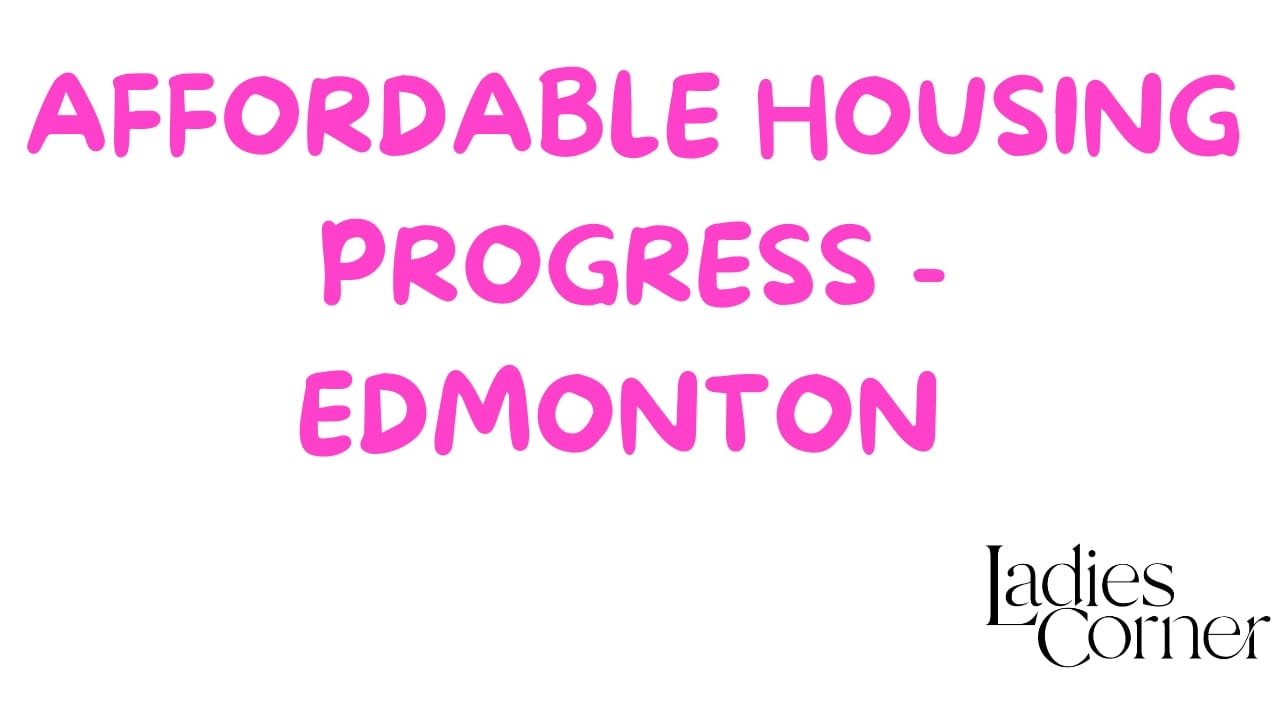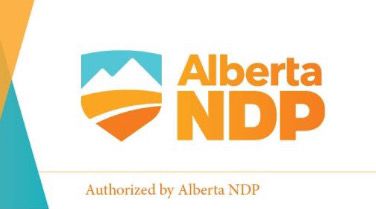
Updates on Housing in Edmonton
The City invested $40.3 million in affordable and supportive housing in 2023, helping to create 412 new homes across Edmonton, including 172 units of supportive and transitional housing, and renew 1,955 older units.
“The City is more committed than ever to solving the affordable housing crisis. We are seeing the effects of a lack of investment over decades by all orders of government. But with all partners now at the table—from government, industry and the non-profit sector—I am optimistic that we can make significant progress in 2024,” said Mayor Amarjeet Sohi.
Since 2019, the City has invested a total of $165 million to help create 3,116 units of affordable housing—including 783 units of supportive housing—by providing land, grants and development expertise. Every dollar invested by the City attracts an additional four dollars from other levels of government and affordable housing developers.
As the year ends, construction continues at Edmonton’s newest purpose-built supportive housing. The four-storey apartment building in Holyrood will open its doors to at least 63 residents in early 2025. This is the sixth development the City has created in partnership with Homeward Trust since 2020.
Other significant City Council decisions include:
The sale of City-owned land in Athlone to Veterans’ House Canada for $1. The non-profit agency plans to build 40 units of supportive housing, recreating a successful supportive housing model it developed in Ottawa to support veterans experiencing homelessness.
$2.7 million for Catholic Social Services to help create 33 units of transitional housing for women and children who have fled domestic violence.
$16.7 million in grants that will help non-market housing developers create 276 units of affordable and supportive housing. The next round of grant applications is now open and recommendations from the first-ever funding stream specifically for Indigenous housing will go to Executive Committee for approval in March 2024.
A new grant that covers municipal property taxes for affordable housing units operated by non-profit organizations, allowing providers to keep rental rates low, reinvest in maintenance and make future development plans
The City and the Canada Mortgage and Housing Corporation invested $19.55 million to renew 1,955 homes managed by HomeEd and Civida, ensuring residents can rely on safe, stable and affordable housing for at least another 20 years.
In January, the City will share its updated Affordable Housing Strategy with Council. The strategy sets short and long-term targets that will help achieve the City Plan goal of nobody in core housing need and no chronic or episodic homelessness. That includes a new target of 2,700 new or renewed affordable housing units by 2026.
To create a city where affordable housing can be found anywhere, we need Edmontonians to welcome it everywhere. Edmontonians can learn more about life inside affordable and supportive housing at edmonton.ca/WelcomeHomes.
Quick Facts
Affordable housing is operated, funded or created through direct government subsidies. There are different types of affordable housing to meet different needs.
Supportive housing is subsidized housing with on-site support services.
Social housing: rent-geared-to-income for very low to low-income households
Non-market affordable: deep subsidy (less than 50 per cent market rent) and shallow subsidy (less than 80 percent market rent) for low to moderate-income households
Near-market affordable rentals: 80 percent market rent for moderate-income households



